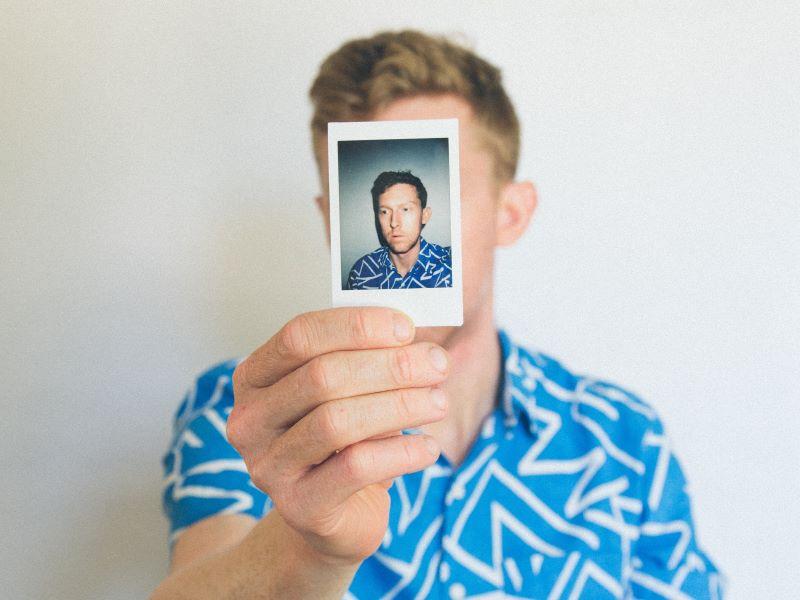Intangible assets. The sorts of things that make us tick. Feelings of happiness, enthusiasm, well-being, belonging. Our motivators. These can be very personal: “I went to university to get a better job”; “Because I love my subject”; “Because I didn’t know what else to do.” All these things are part of what makes the university experience valuable, attractive and distinctive, but they are tough to quantify.
What can we do, as a sector, to recognise, exploit and build on these intangibles? Could universities develop or enhance intangibles as value assets?
- Students learn better on caring campuses – here’s how to create one
- Belonging: why it is the next step on the equity, diversity and inclusion ladder
- Adaptability is different from resilience – and here’s how to nurture it
UK universities need metrics to predict or indicate academic success. However, using blunt approaches to assess predictors and indicators can mean we miss out on identifying the intangible assets that we should be nurturing.
We like to think our universities are places where learning flourishes. Valuing and building a support system around intangible assets will encourage learning; creating an environment that allows for growth (rather than focusing on increasing student resilience) can be a way to counter student difficulties. Intangible assets are the things that make university a positive experience.
Since Queen Anne signed the statute for copyright in 1710 as “an act for the encouragement of learning”, we have been grappling to record and recognise intangible assets. What we can’t measure is too often put to one side while we concentrate on what we can.
How can universities recognise their intangible assets?
Students bring more than just their academic knowledge with them to university; they also come with perspective, enthusiasm and interest, among other qualities. Their student identity develops as they progress through their studies. Some intangibles, such as engagement and motivation, need to be sustained.
Intangible assets can be embraced as capital. The business world talks about human, organisational and information capital and their interdependency. They use terms such as spillage, scale and intellectual property. They list shared goals and values linked to financial models. Gym memberships, for example, are sold on a lifestyle – music, training and branding to wrap around the traditional set of gym equipment and weights. Products from luxury brands will often contain no more than standard ingredients; their value rests instead on an association with status. Collecting data about intangible assets has become the norm. Universities might not share the same values as commerce, but we could learn from them.
So why does it matter and what can we do?
Stop thinking of our students as a homogeneous group
It will be no surprise to anyone that students come in all shapes and sizes. However, a single view of students is constantly reinforced. Google “students” and the images that come back will be almost uniformly of young, attractive people with a perfect ethnic balance. But, as educators, we know that what drives one person forward can be a barrier to another.
We all need to report against important agreed standards: access, retention, attainment. But viewing our students through these narrow lenses can put us in danger of ignoring the things that really matter to us. Giving recognition and value to intangible assets can help us focus on helping students to develop their own learning identities. Personalisation can be a collective goal. Commonalities exist outside easy metrics.
Redefine belonging
Brand Student is portrayed as party-going, carefree, young. But what if students don’t (or don’t want to) fit into that box? It might also be difficult for student and social identities to coexist without one devaluing the other.
Feeling that we belong is key to student success. But some stereotypes can be difficult to live up to. By trying to fit in, students might adopt the norms and behaviour of the box. This can be positive, raising aspiration and self-belief. But it can also be restrictive and add pressure.
In our institutions we recognise the difficulties many students face when they start university. We make great efforts to help our students settle into student life. Perhaps more could be done as a sector to expand what belonging looks like.
Use inclusive approaches
We all want our students to be motivated and engaged. Academic research tells us this leads to success, but what motivates me is not always the same thing that motivates you. Because this is so difficult to identify, we fall back on assessment. Well-designed assessments can drive a course, but do they allow the room for students to build upon what makes them motivated learners?
Inclusive approaches such as phenomenon-based learning recognise the importance of a whole range of values. Gut feelings have their place alongside experience, as do approaches that allow students to explore their own interests and passions. We should give students time and space: opportunities where the small things matter and space to learn.
Help is out there. Beyond the Metrics: the Intangibles from Elizabeth Cleaver, Alastair Robertson and Fiona Smart is a great place to start. They have developed their work to conceptualise intangible assets, moving beyond description, anecdote and student soundbite to create a tool to help guide you to identify your own intangibles.
In the drive to provide metrics, we might have unwittingly developed deficit models from which we need to move away. We should build on the social capital brought and developed by students at university and invest our efforts in creating an environment that is not focused on balance sheets and crude metrics but on intangible assets instead.
Sue Lee is senior research fellow at the Staffordshire Centre of Learning and Pedagogic Practice at Staffordshire University.
If you found this interesting and want advice and insight from academics and university staff delivered direct to your inbox each week, sign up for the Campus newsletter.




comment1
(No subject)